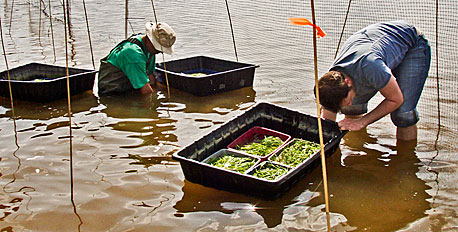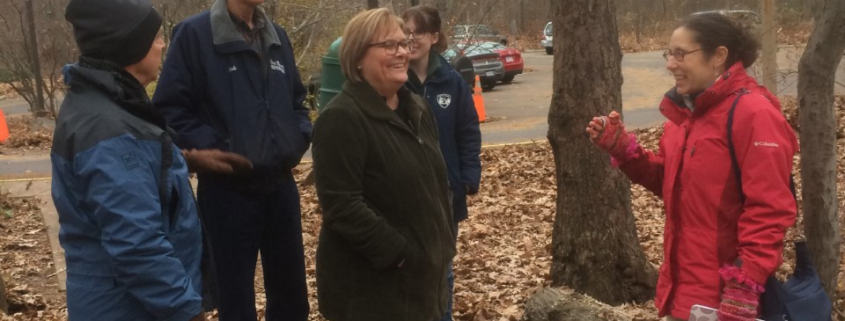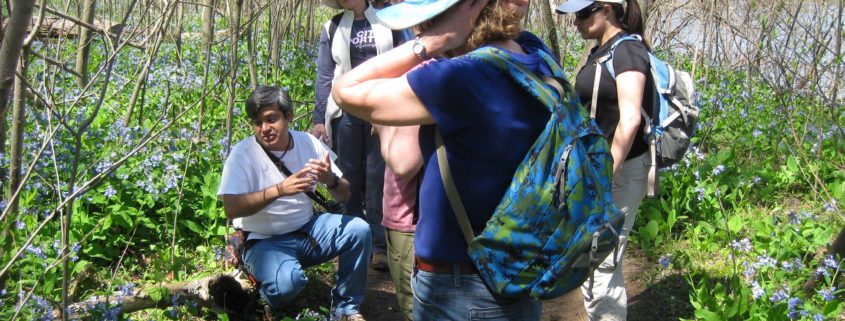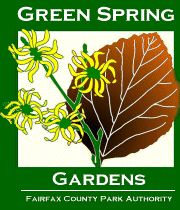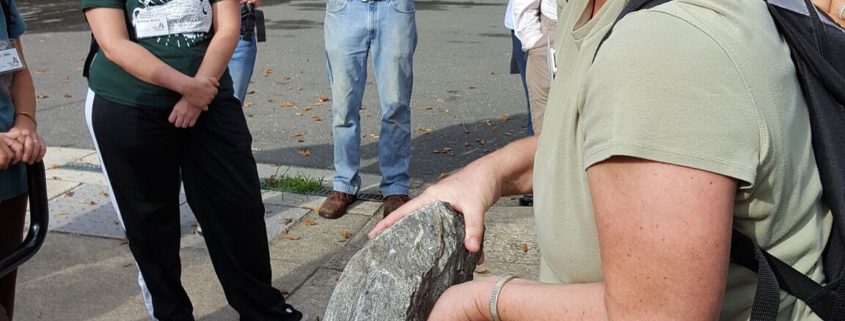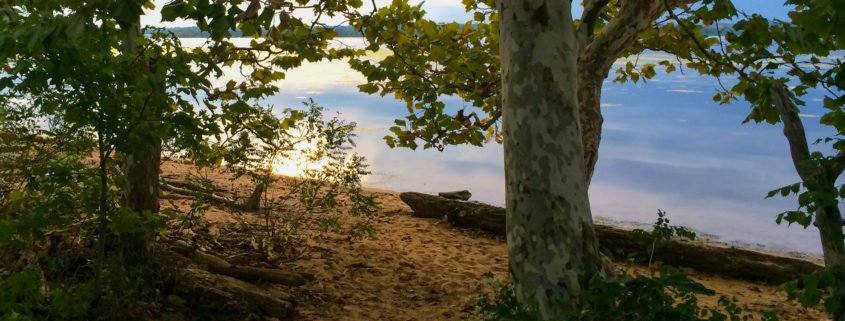Chesapeake Bay Foundation’s “Grasses for the Masses” Workshop, 25 or 27 January: Register now
Here is a great project for gardeners and non-gardeners alike during the winter. You can grow native plants indoors during the winter months, and install them in the spring where they can provide enormous environmental benefits.
The project is the “Grasses for the Masses” program that is sponsored by the Chesapeake Bay Foundation (CBF). The Grasses program provides an opportunity for Virginia residents to help restore the health of the Chesapeake Bay and Virginia’s rivers. Participants will attend a workshop to receive a simple kit and instructions to grow native aquatic “celery” grasses (Vallisneriaamericana) in their homes, classrooms, or businesses during the winter, and plant them at Mason Neck Park in the spring. The grasses filter nutrients and provide important habitat for fish and other aquatic creatures.
The fee to participate is $40, which covers part of the cost of the kit and includes a one year membership to CBF.
Time and Location of Workshops in Arlington, VA:
Thursday, Jan. 25, 2018, 7:15-8:15 pm OR Saturday, Jan. 27, 2018, 9:00-10:30am
Both workshops are at the Fairlington Community Center, 3308 South Stafford Street, Room 118, Arlington, VA 22206
There are other workshops at NOVA Community College and Fredericksburg, as well as other locations around the state.
Registration is now OPEN. Click HERE for locations and to register. Spaces are limited, so don’t wait too long, or you will may miss a chance to participate!
For more information contact Ashley Reams
Chesapeake Bay Foundation Regional Coordinator, volunteer


